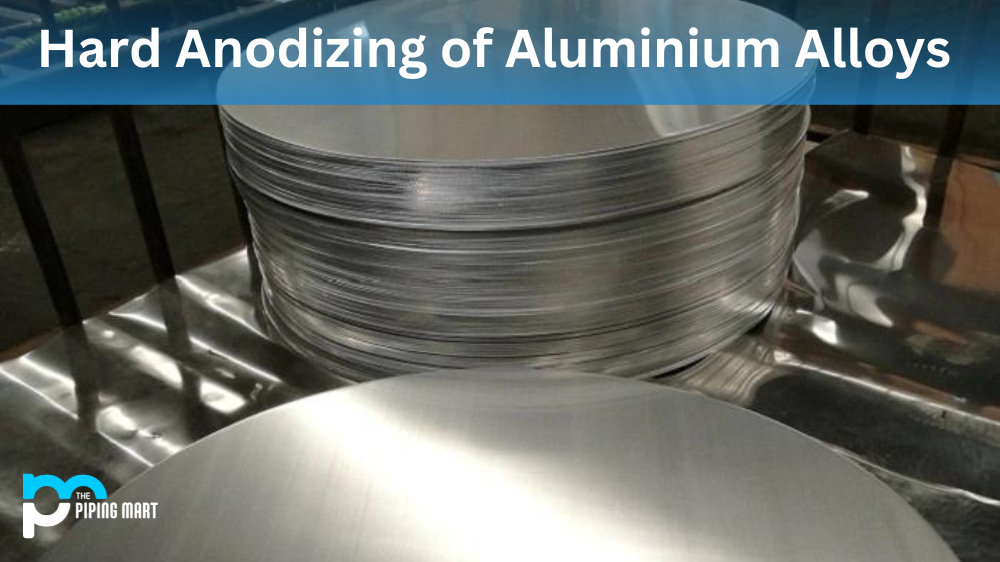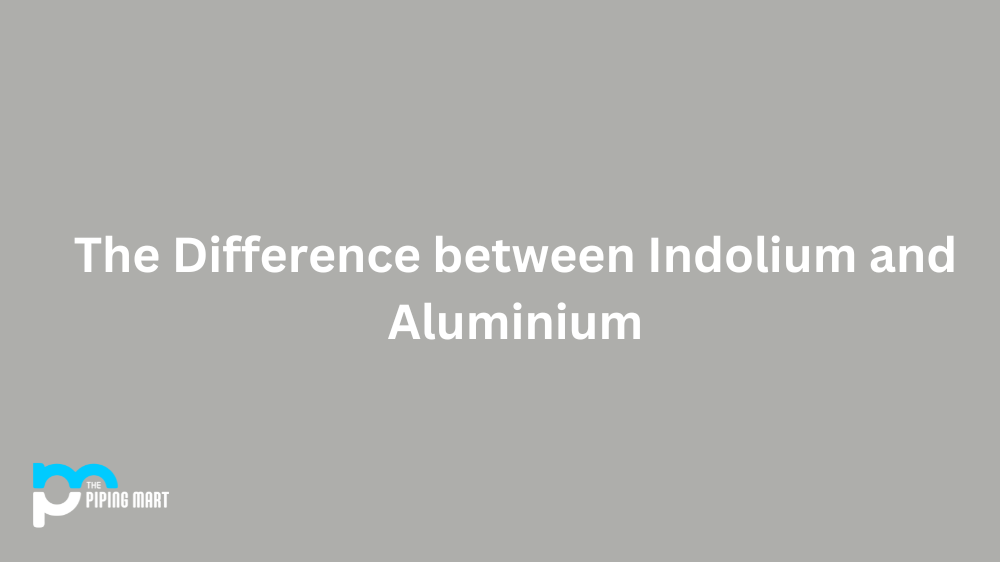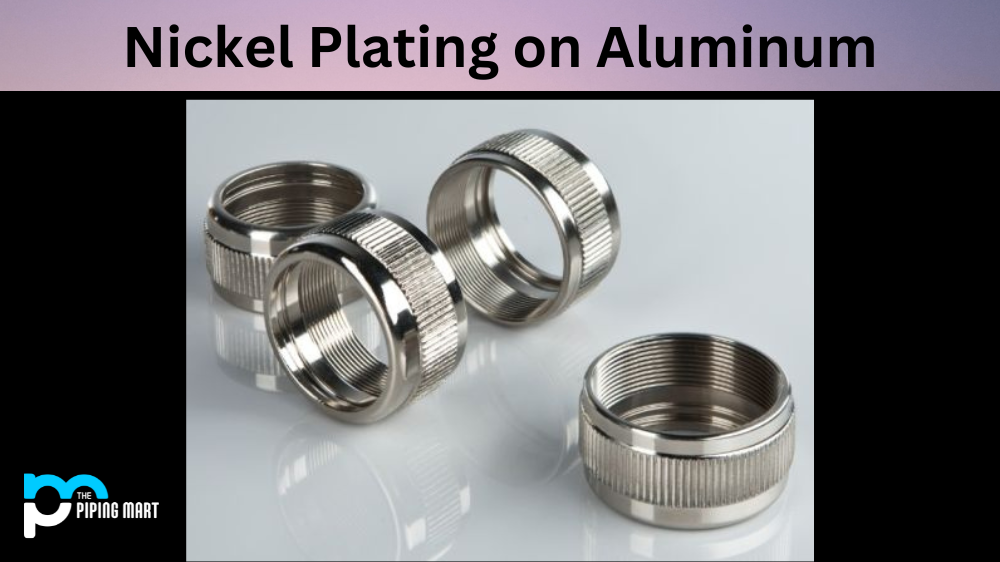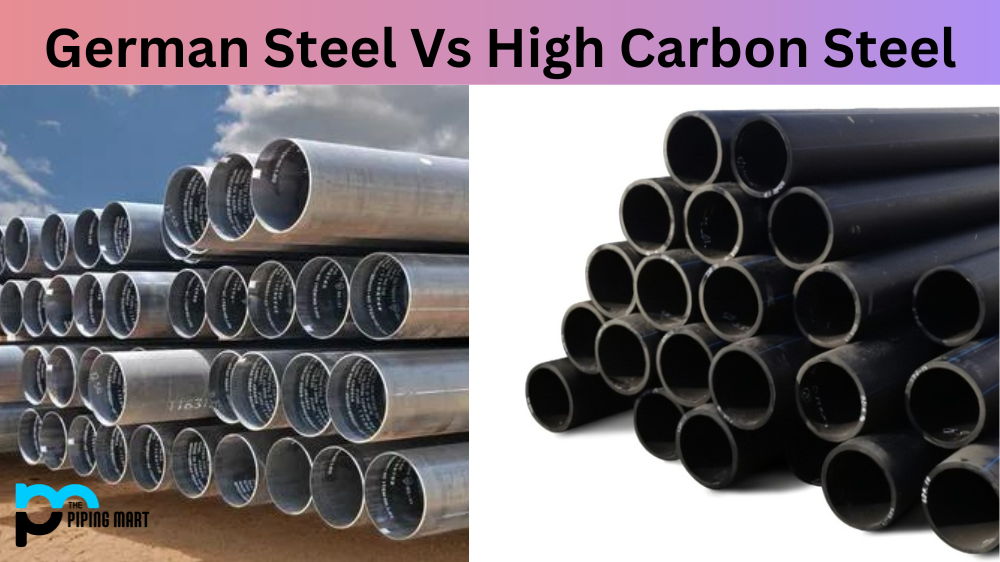Hard anodizing is a process used to treat aluminum alloys. It involves immersing the alloy in an electrolytic bath and using electric current to form a protective coating on the metal’s surface. This process has many benefits, including increased corrosion resistance, improved wear resistance, and enhanced electrical insulation properties. Let’s take a closer look at this fascinating process and its advantages.
What is Hard Anodizing?
Hard anodizing is essentially an electrochemical process that creates a thick layer of oxide on the surface of aluminum alloys. This layer is tough and durable, making it ideal for applications where wear resistance and durability are important. The thickness of the coating can be adjusted by varying the voltage applied during the anodizing process. The higher the voltage, the thicker the coating will be.
- Hard anodizing is an electrolytic process that produces a thick, hard oxide coating on the surface of aluminium alloys.
- The process is used to improve the wear resistance, corrosion resistance, and electrical insulation properties of aluminium alloys.
- Hard anodizing is typically performed at room temperature, although some alloys may require higher temperatures to achieve the desired results.
- The process is typically used on components that will be exposed to high levels of wear or corrosion, such as engine parts, gears, and bearings.
- Hard anodizing can significantly increase the service life of aluminium components
Benefits of Hard Anodized Aluminium Alloys
Hard anodizing provides numerous benefits for aluminum alloys, including increased corrosion resistance and improved wear resistance. By creating a thick oxide coating around each grain boundary, hard anodization helps protect against oxidation caused by environmental exposure or contact with other metals. Additionally, because this coating has a high degree of hardness, it also helps reduce abrasion damage from contact with other surfaces or objects. Finally, hard anodized aluminum alloys have improved electrical insulation properties that make them suitable for use in electronic devices or components that require good electrical insulation performance.
Increased Strength
Hard anodized aluminum alloys are much stronger than traditional aluminum alloys. This is due to the fact that hard-anodized aluminum alloys undergo a process called hard anodization, which increases the hardness of the metal. Hard anodized aluminum alloys are often used in applications where strength is critical, such as in the construction of aircraft and automobiles.
Increased Durability
Hard anodized aluminum alloys are also much more durable than traditional aluminum alloys. This increased durability is due to the fact that hard anodized aluminum alloys are less likely to suffer from corrosion or wear and tear. Hard anodized aluminum alloys are often used in applications where durability is critical, such as in the construction of bridges or marine environments.
Increased Electrical Conductivity
Hard anodized aluminum alloys also have increased electrical conductivity compared to traditional aluminum alloys. This is due to the fact that hard anodized aluminum alloys have a higher density of electrons, which allows for better electrical conduction. Hard anodized aluminum alloys are often used in electrical applications where conductivity is critical, such as in electrical wiring or electrical components.
Increased Thermal Conductivity
Hard anodized aluminum alloys also have increased thermal conductivity compared to traditional aluminum alloys. This is due to the fact that hard anodized aluminum alloys have a higher density of atoms, which allows for better heat conduction. Hard anodized aluminum alloys are often used in thermal applications where conductivity is critical, such as in heat sinks or thermal insulation.
Decreased Chemical Reactivity
Hard anodized aluminum alloys also have decreased chemical reactivity compared to traditional aluminum alloys. This is due to the fact that hard anodized aluminum alloys have a thicker oxide layer, which acts as a barrier against chemical reactions. Hard anodized aluminum alloys are often used in chemical applications where reactivity is critical, such as in chemical storage or chemical processing.
Conclusion:
Hard anodizing is one of many processes available for treating aluminum alloys and providing additional protection against corrosion and wear damage. By forming a thick oxide coating around each grain boundary in the alloy, hard anodization greatly increases its corrosion resistance and wear resistance, making it ideal for applications where these properties are necessary or desirable. Additionally, because this oxide layer provides excellent electrical insulation properties, it’s also suitable for use in electronics-related applications or components that require good electrical insulation performance. Overall, hard anodizing offers numerous benefits for aluminum alloys—and should be considered when selecting materials for your next project!

A passionate metal industry expert and blogger. With over 5 years of experience in the field, Palak brings a wealth of knowledge and insight to her writing. Whether discussing the latest trends in the metal industry or sharing tips, she is dedicated to helping others succeed in the metal industry.




